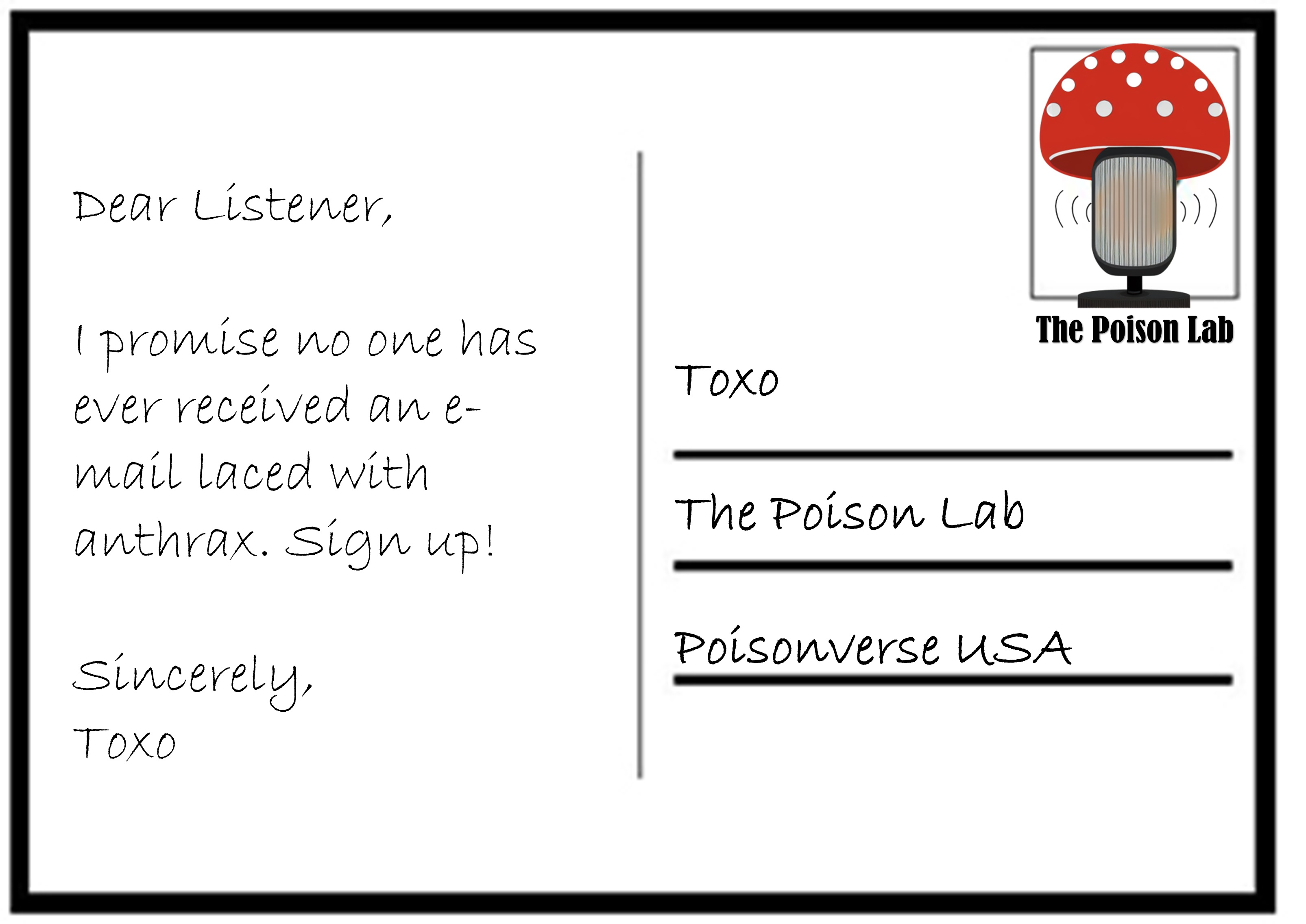Episode 36
Leafy Greens & Injured Beans: Natures Nephrotoxins – A Poison Lab & NephMadness Collaboration
Published on:
1st March, 2025
Episode Details


